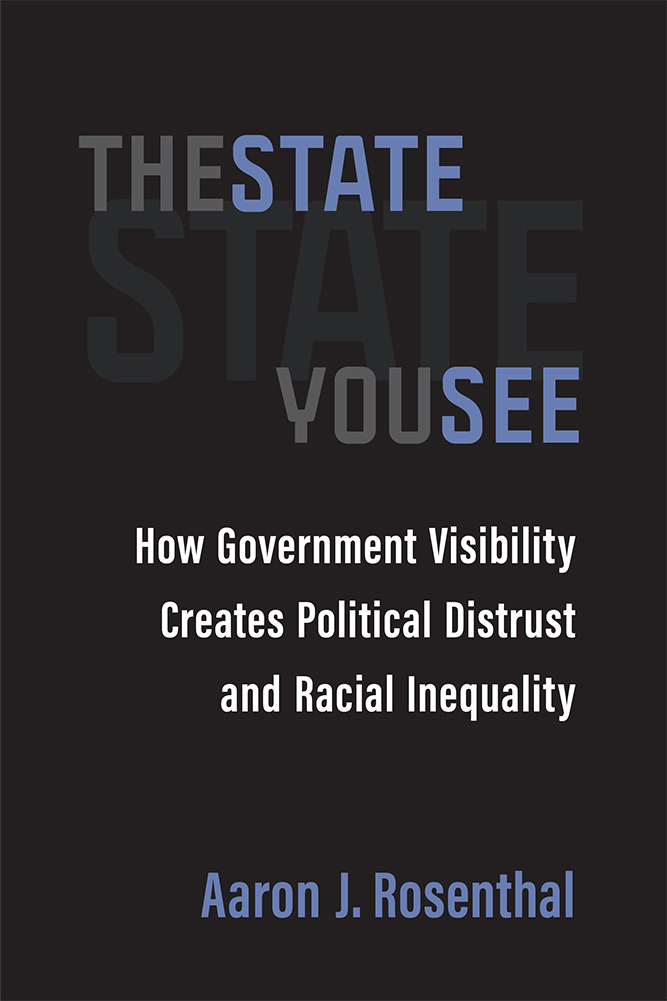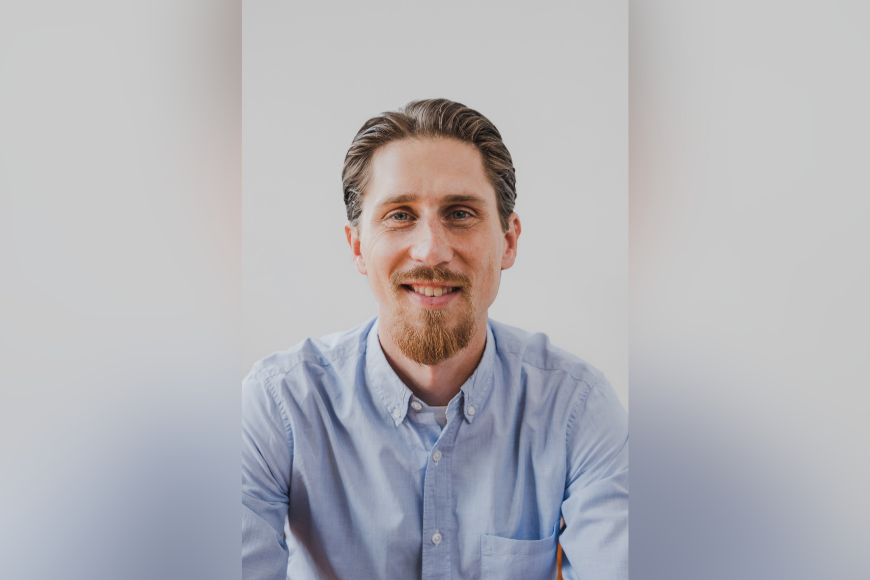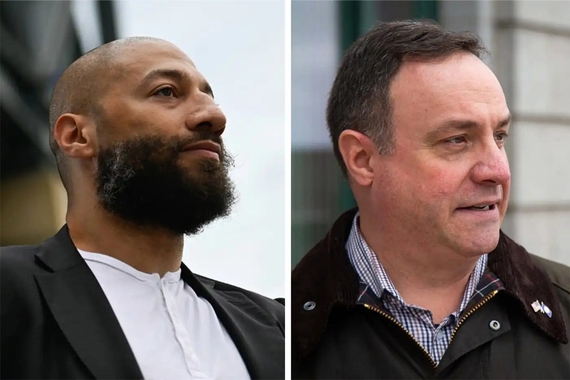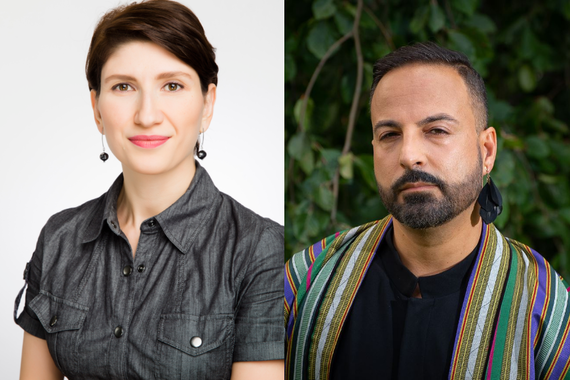Passion at the Heart of the Work
When Aaron Rosenthal entered the political science PhD program at the University of Minnesota, he was unsure what exactly he wanted to study. Under the mentorship of professors Andy Karch and Joe Soss, Rosenthal eventually found a way to apply the skills and knowledge he was gaining to his passions. He loved what both professors taught and decided to follow a similar path by specializing in American politics, paired with methodology as his second subfield. Within this framework, Rosenthal’s studies were focused on economic, racial, and social justice, leading to his dissertation centered around how government is made visible to Americans, the variation of such visibility across social groups, and what political consequences may occur as a result of such variation.
In July 2018, following his completion of the PhD program, Rosenthal began at Simmons University as an assistant professor of political science.
Rosenthal felt well-prepared for this position as “a lot of grad school training is aimed at helping you be a professor.” It was clear to him how to engage in research as an academic, and there were many resources beyond the graduate program’s curriculum that helped him fine-tune a variety of techniques for his professorship. A large part of Rosenthal’s job at Simmons was teaching, so these resources, particularly those that aimed at developing teaching and writing skills, were beneficial.
Then a transition
In the summer of 2022, Rosenthal switched gears and began a career outside of academia as a senior research specialist at the Council on Criminal Justice. In making the decision to pursue a non-academic career, there were two truths, one easy and one difficult, that Rosenthal had to accept during the transition.
The more difficult truth to accept for Rosenthal was that, between graduate school and working as a professor, you get socialized into being and thinking of yourself as an academic. After devoting so much time training to be an academic, it becomes a large part of your identity, which makes it difficult to initiate the departure from academia.
This transition, however, became easier for Rosenthal when he realized that the analytical and methodological skills he developed in graduate school, in conjunction with the new ways of thinking and specific knowledge he gained, are purposeful beyond academia.
One of the most transferable skills from academia Rosenthal still uses in his current position is the ability to process information effectively. “You’re given so much reading in grad school; you have to learn how to sift through it relatively quickly, understand what argument is being made, … and present that back to an audience in a way that is understandable to them.” The work he is doing now is different in context, but the process and skill of synthesizing information to such a degree remains important and applicable.
Furthermore, a key element of graduate school that prepared Rosenthal for his current position was developing deeper critical thinking skills. “Much more in graduate school than in undergrad,” he reflected, “you learn to look at things critically and form arguments that are more compelling and draw on arguments that are more persuasive. So much of the work that I do now in research is looking at existing work and being able to look at a lot of it quickly, package it in ways that will be accessible to public audiences, and not immediately accepting whatever conclusions are being provided or being considered sort of conventional wisdom. Being able to push against that encourages new ways of thinking.”
A project of passion

In March 2023, Rosenthal published his first book The State You See: How Government Visibility Creates Political Distrust and Racial Inequality, which builds upon his dissertation. Although the book was initially intended to help progress his career as a professor, it was still something he was inspired to continue working on after leaving academia because his personal passion for the subject matter did not diminish. Rosenthal, along with Keith Ellison, author of Break the Wheel: Ending the Cycle of Police Violence, will be hosting a launch event for their respective books. At the event, they will come together to offer solutions to end police violence and advance public safety that are sure to resonate with concerned citizens, policymakers, and advocates.
Rosenthal recommends graduate students try to learn a number of skills beyond their substantive coursework, and how to apply those tools and skills to their work. Additionally, he recommends taking advantage of the department’s resources to explore a variety of career paths, even if they think they know which direction they will take. “You just never know what you’re going to want to do with your career, so keeping your options open and thinking in a broad way about different paths you can pursue is very valuable.”


